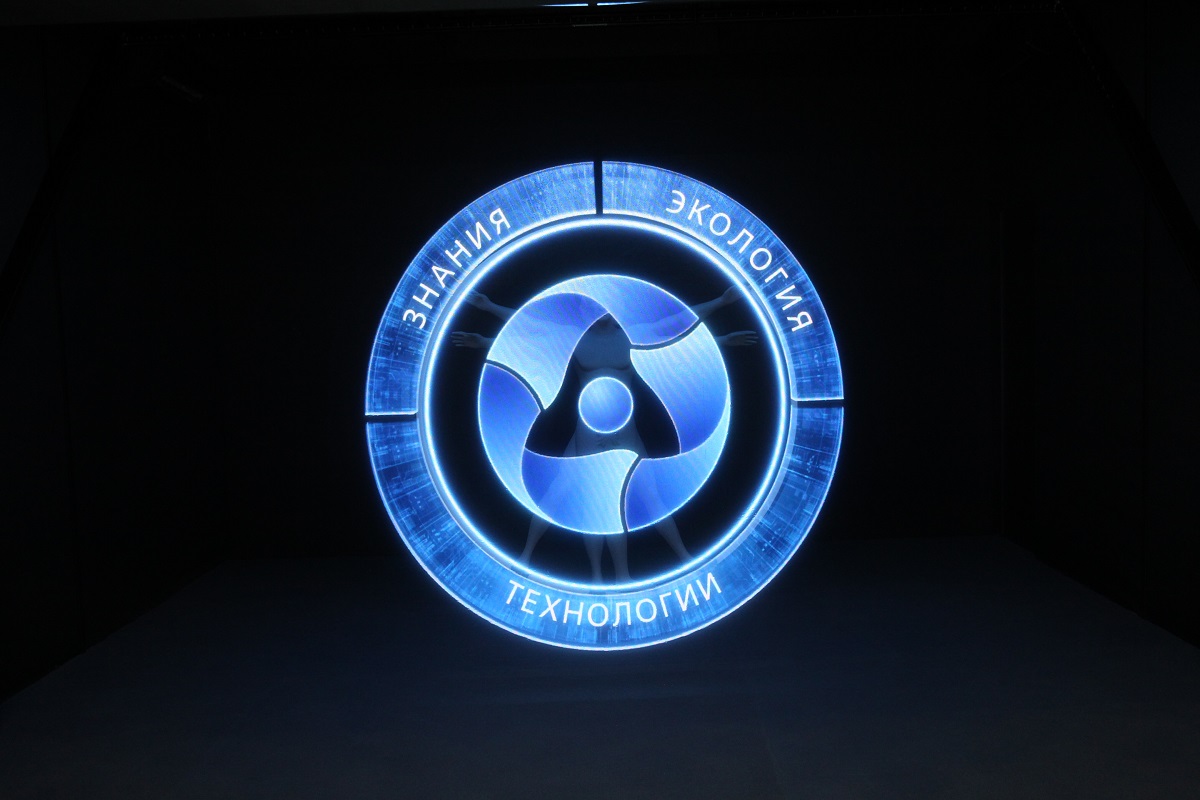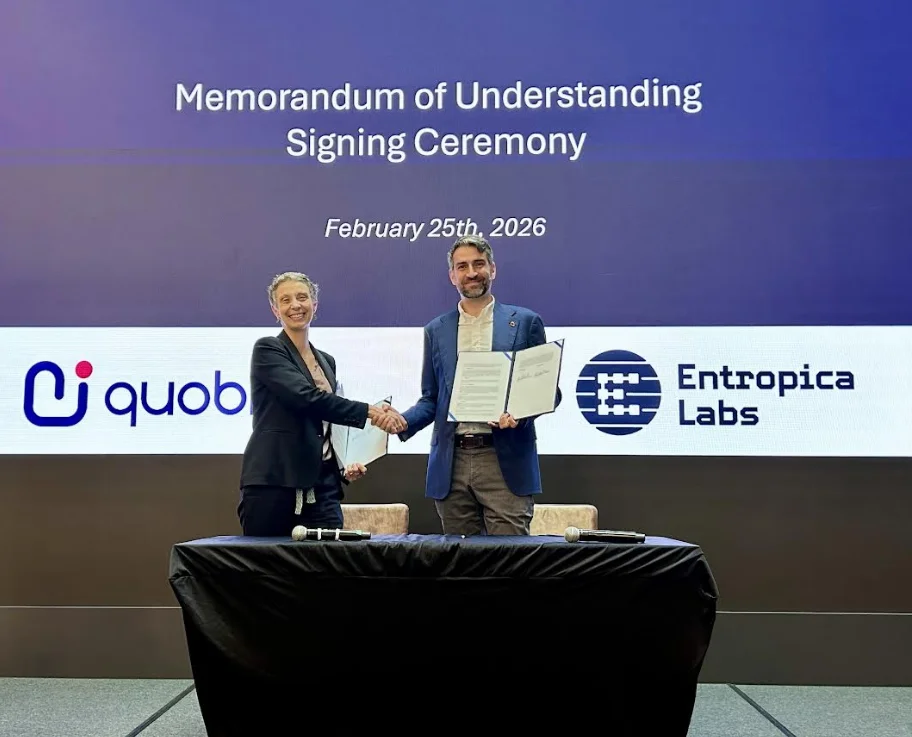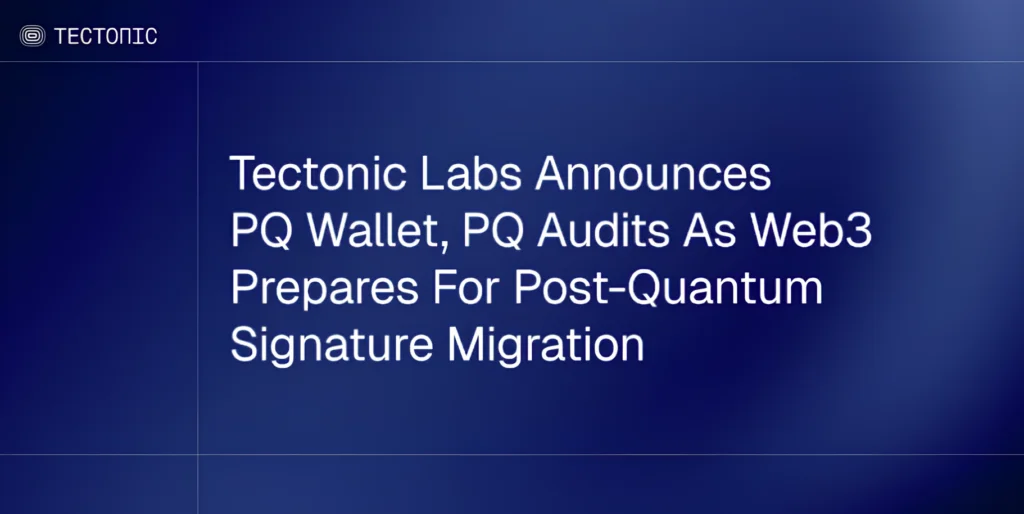Insider Brief:
- Rosatom expands quantum collaborations with Vietnam and Egypt to extend its technological influence, aligning with broader geopolitical and economic strategies.
- Vietnamese researchers are invited to Moscow for Rosatom’s quantum technology conference, signaling early-stage cooperation and potential integration into BRICS scientific initiatives.
- Egypt explores quantum applications in energy, healthcare, and security, leveraging Rosatom’s expertise while strengthening its nuclear partnership with Russia.
- Russia’s quantum advancements lack transparency, with its 50-qubit prototype missing key performance data, raising questions about its competitiveness and geopolitical positioning.
Quantum technology is no longer confined to the laboratories of a select few nations. It is increasingly seen across borders as a necessary asset in global industrial strategies, energy infrastructure, and geopolitical negotiations. In Russia, Rosatom—the state corporation traditionally synonymous with nuclear power—is working towards positioning itself within the quantum sector through new partnerships that extend its technological influence beyond its borders.
As reported by The Investor and EnergyNews, Rosatom is pursuing quantum cooperation with Vietnam and Egypt, which speaks to a broader shift in its international engagement strategy. While these partnerships may provide opportunities for scientific collaboration, they also highlight Russia’s efforts to cement its standing in a field that is becoming increasingly linked to national security and economic leverage.
Vietnam: A Strategic Partnership in Quantum Science
According to a recent post from The Investor, at the Moscow Future Technologies Forum 2025, Rosatom reaffirmed its commitment to working with Vietnam, particularly in quantum computing. Ekaterina Soltseva, Rosatom’s Director of Quantum Technology, was said to have emphasized the wide-reaching implications of quantum research, citing its potential applications in nuclear energy, pharmaceuticals, and materials science, according to The Investor.

While Vietnam is still in the early stages of its quantum technology development, Rosatom’s outreach suggests an interest in shaping that trajectory. As an initial step, Vietnamese researchers have been invited to attend Rosatom’s international quantum technology conference in Moscow this July. The conference is expected to showcase Russia’s advancements in quantum hardware, including neutral atom and ion-trap platforms, and facilitate discussions on potential areas of collaboration.
Beyond technical cooperation, Rosatom’s initiative aligns with its broader effort to expand engagement with BRICS nations in science and technology. With Russia already working closely with China and India on quantum research, Vietnam’s participation would further integrate Southeast Asia into this network.
Egypt: Quantum Meets Nuclear Expansion
Rosatom’s discussions with Egypt reflect a different approach—one where quantum computing is positioned as an extension of its existing nuclear partnerships. As EnergyNews reports, Egypt is exploring quantum technology applications in energy management, healthcare, and secure communications. While specifics of potential projects remain undisclosed, Rosatom’s interest suggests a dual-purpose strategy: supporting Egypt’s ambitions in quantum research while strengthening Russia’s long-term role in the country’s nuclear energy infrastructure.
According to the post, Egypt has been ramping up its investment in emerging technologies, viewing quantum computing as a potential tool for optimizing power grids and advancing critical infrastructure. If Rosatom’s proposals translate into tangible projects, Egypt could be seen as a regional leader in quantum applications, especially in sectors that intersect with its expanding energy portfolio.
At the same time, these discussions serve a larger diplomatic function. With Western nations tightening export controls on advanced technologies, Russia is deepening technological ties with partners across Asia, the Middle East, and Africa. The potential for joint quantum research with Egypt fits into this broader pattern of engagement.
Russia’s Quantum Roadmap: Ambition Meets Uncertainty
Rosatom’s international outreach comes at a moment when Russia is working to establish itself as a serious contender in quantum computing. In December 2024, the country announced a 50-qubit neutral atom quantum computer prototype developed by Lomonosov Moscow State University and the Russian Quantum Center, as we previously reported in The Quantum Insider. This system, based on rubidium neutral atoms, is part of Russia’s Quantum Computing Roadmap, a $790 million initiative intended to scale quantum technologies over the next decade.
However, despite these announcements, key technical details remain absent. As we took note, Russia has yet to disclose critical performance metrics such as coherence times, error rates, or fidelity benchmarks. Without independent validation, the actual competitiveness of these quantum systems remains uncertain.
Russia has previously showcased an ion-based 50-qubit system, but without published results or public demonstrations, it is difficult to gauge how these prototypes compare to those being developed in the U.S., China, and Europe. While Rosatom’s investments signal long-term ambition, the absence of transparency raises questions about whether these systems are genuinely advancing toward practical applications or primarily serving as geopolitical signaling efforts.
Quantum as a Geopolitical Asset
The push to establish global partnerships in quantum computing truly reflects a broader picture where quantum technology is no longer just a research novelty, but rather, it is a strategic asset. Nations that lead in quantum computing may gain advantages in cybersecurity, energy optimization, and materials discovery, with the potential for trickle-down effects on industries and national economies for decades to come.
For Vietnam, engaging with Rosatom offers an opportunity to accelerate its quantum research efforts while aligning with broader BRICS science initiatives. For Egypt, integrating quantum technology into its energy infrastructure could position the country as an early adopter in the region.
Yet, as with all high-level commitments in emerging technology, the real test lies in execution. Invitations to conferences and broad diplomatic statements are one thing; long-term investments, research programs, and verified technological progress are another.















